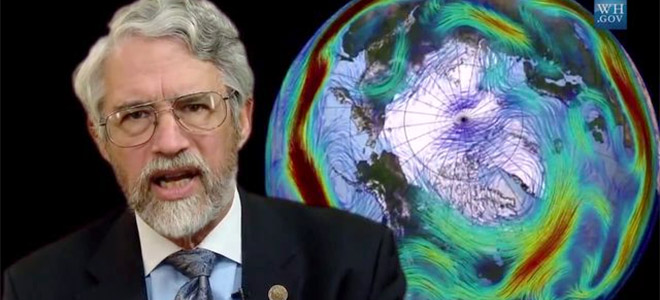 Roger Pielke, Jr. was quoted in The Washington Times on Science Advisor, John Holdren.
Roger Pielke, Jr. was quoted in The Washington Times on Science Advisor, John Holdren.
Mainstreaming fringe science with John Holdren
The White House science adviser confuses global-warming fact and fancy
The Washington Times, March 18, 2014
by Chip Knappenberger
In recent months, White House science adviser John Holdren has repeatedly pushed the link between extreme weather events and human-caused climate change well beyond the bounds of established science. Now, veteran climate scientists are pushing back.
Mr. Holdren’s efforts started in January, as much of the nation was shivering in the midst of an excursion of arctic air into the lower 48 states.
Anyone with a passing interest in the climate of the United States knows that is hardly an unusual occurrence (“citrus freeze” anyone?), but outfit the chill with a new, scarier-sounding moniker and a blase-sounding “cold-air outbreak” goes viral as the “polar vortex.”
Apparently, sensing the time was ripe for a bit of global-warming alarmism, the White House released a video titled “The Polar Vortex Explained in 2 Minutes,” featuring Mr. Holdren describing how “a growing body of evidence suggests that the kind of extreme cold being experienced by much of the United States as we speak is a pattern that we can expect to see with increasing frequency as global warming continues.”
Although this statement is not outright false, it is, at its very best, a half-truth — and a stretch at that. In fact, there is an ever-larger and faster-growing body of evidence that directly disputes Mr. Holdren’s contention.
This was pointed out last month in a letter to Science magazine authored by five veteran climate scientists, who are all experts in the field of atmospheric circulation patterns.
The scientists disputed Mr. Holdren’s explanation, writing that “we do not view the theoretical arguments underlying it to be compelling” and concluded that while such research “deserves a fair hearing to make it the centerpiece of the public discourse is inappropriate and a distraction.”
One of the letter’s authors, atmospheric science professor John Wallace from the University of Washington, even wrote a guest post at the popular Capital Weather Gang blog run by The Washington Post, to proclaim, “I disagree with those who argue that we need to capitalize on recent extreme weather events to raise public awareness of human-induced global warming.”
Such pushback didn’t stop Mr. Holdren, though.
A couple of weeks ago at a congressional hearing, Mr. Holdren attacked the views of University of Colorado professor Roger Pielke Jr. concerning the connection between anthropogenic global warming and the ongoing drought in the Southwest.
Mr. Pielke, an expert on the relationship between natural disasters and climate change, had previously testified to Congress that the best science regarding many types of extreme weather, including hurricanes, tornados, floods and droughts, indicated no detectable tie-in to global warming.
Mr. Holdren described Mr. Pielke’s views as being outside of “mainstream scientific opinion” and submitted a six-page explanation to the Senate subcommittee describing why he thought so, focusing on drought and specifically California drought (a copy of which was also posted at the White House website).
In response, Mr. Pielke defended himself, laying out a strong and overwhelming scientific case in a lengthy essay for The New Republic and accusing Mr. Holdren of “wielding his political position to delegitimize an academic whose views he finds inconvenient.”
Mr. Pielke was not alone in his defense. Recently, Martin Hoerling, lead scientist of the Interpreting Climate Conditions Team of the U.S. National Oceanic and Atmospheric Administration, expressed surprise at Mr. Holdren’s response to Mr. Pielke in the DotEarth blog hosted by The New York Times.
Mr. Hoerling wrote that the type of drought currently facing California “has been observed before” and that “[i]t is quite clear that the scientific evidence does not support an argument that this current California drought is appreciably, if at all, linked to human-induced climate change.” Read more …
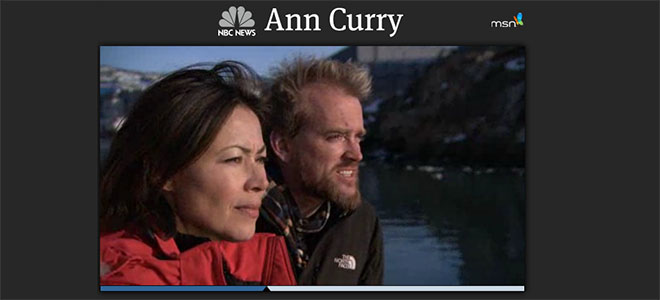 On Sunday, April 6, Roger Pielke, Jr. was featured on the NBC’s News Special:
On Sunday, April 6, Roger Pielke, Jr. was featured on the NBC’s News Special:

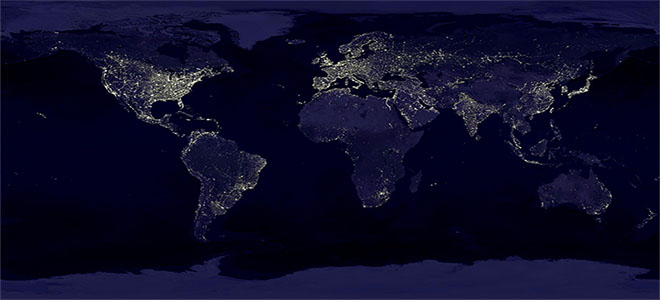 Balancing Energy Access and Environmental Goals in Development Finance: The Case of the OPIC Carbon Cap
Balancing Energy Access and Environmental Goals in Development Finance: The Case of the OPIC Carbon Cap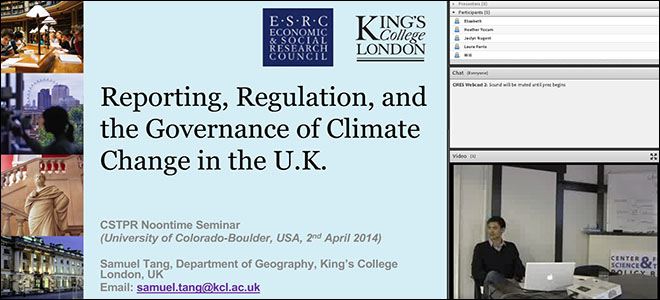 Webcast Now Available for CSTPR’s Noontime Seminar on Governance of Climate Change in the U.K.
Webcast Now Available for CSTPR’s Noontime Seminar on Governance of Climate Change in the U.K. Max Boykoff quoted in a Yale Forum’s on Climate Change & The Media article on celebrities and climate change.
Max Boykoff quoted in a Yale Forum’s on Climate Change & The Media article on celebrities and climate change.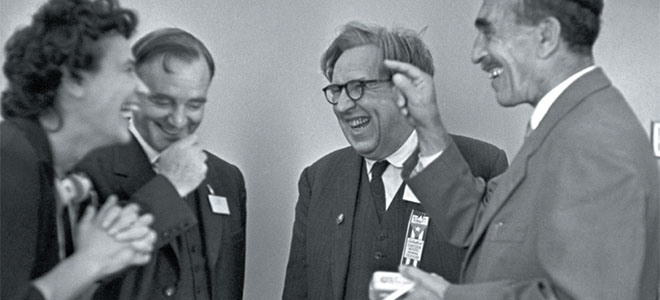 Roger Pielke Jr assesses the legacy of J. D. Bernal’s science-policy classic on its 75th anniversary
Roger Pielke Jr assesses the legacy of J. D. Bernal’s science-policy classic on its 75th anniversary When Picking a Bracket, It’s Easier to Be Accurate Than Skillful
When Picking a Bracket, It’s Easier to Be Accurate Than Skillful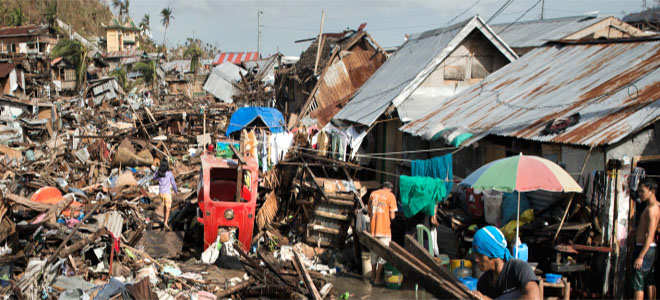 Roger Pielke, Jr. was highlighted in the Denver Post on climate change and extreme weather:
Roger Pielke, Jr. was highlighted in the Denver Post on climate change and extreme weather: Understanding a Period of Policy Change: The Case of Hydraulic Fracturing Disclosure Policy in Colorado
Understanding a Period of Policy Change: The Case of Hydraulic Fracturing Disclosure Policy in Colorado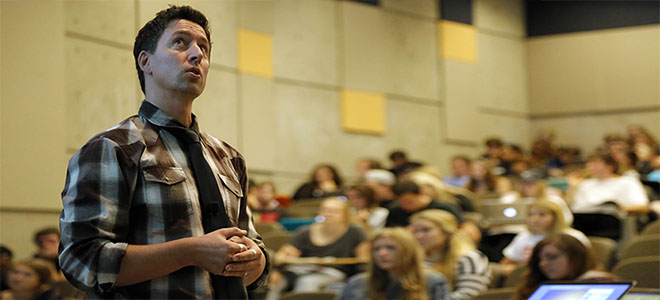 Max Boykoff is giving a talk on March 27th at University of Idaho on media coverage of climate change:
Max Boykoff is giving a talk on March 27th at University of Idaho on media coverage of climate change: Roger Pielke, Jr. was quoted in The Washington Times on Science Advisor, John Holdren.
Roger Pielke, Jr. was quoted in The Washington Times on Science Advisor, John Holdren.